PTC Thermistor Material: Selection & Applications
This blog post dives deep into PTC thermistor material, covering composition, key characteristics, selection criteria, applications, and FAQs. Learn how to choose the optimal PTC thermistors for your design needs and enhance your product's performance.
- PTC Thermistor Material: A Deep Dive into Performance and Applications
- Understanding PTC Thermistor Material Composition
- Key Characteristics of PTC Thermistor Materials
- Selecting the Right PTC Thermistor Material for Your Application
- Common Applications of PTC Thermistors
- FAQs about PTC Thermistor Material
- Conclusion
PTC Thermistor Material: A Deep Dive into Performance and Applications
Choosing the right PTC thermistor material is crucial for optimal performance in your application. Understanding the properties of various PTC thermistors materials is key to successful design and integration. We'll explore the intricacies of PTC thermistor material selection, focusing on key characteristics and common applications.
Understanding PTC Thermistor Material Composition
PTC thermistors, also known as positive temperature coefficient thermistors, are semiconductor devices exhibiting a significant increase in resistance above a specific characteristic temperature. The core of a PTC thermistor's functionality lies in its material composition. Common PTC thermistor materials include barium titanate (BaTiO₃) based ceramics. These materials are carefully formulated and processed to achieve the desired temperature-resistance characteristics. The precise composition of the Positive Temperature Coefficient thermistors material influences critical parameters like the switching temperature, resistance change, and overall stability. Variations in the dopants and processing techniques significantly alter the final properties of the PTC thermistors material. The selection of the right material is therefore paramount.
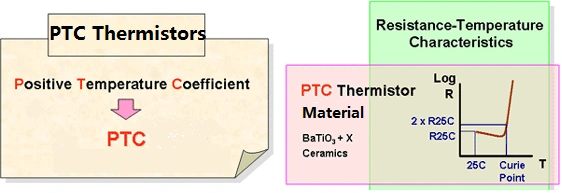
Key Characteristics of PTC Thermistor Materials
Several key characteristics define the performance of a PTC thermistor material. These include:
* Switching Temperature (Ts): This is the temperature at which the PTC thermistors material exhibits a rapid increase in resistance. Precise control over Ts is essential for specific applications. The PTC thermistor material's composition directly influences this critical parameter.
* Resistance Change (ΔR):The ratio of the high-temperature resistance to the low-temperature resistance signifies the effectiveness of the PTC thermistor. A higher resistance change indicates a more pronounced switching action. This parameter is directly related to the PTC thermistor material's formulation.
* Temperature Coefficient of Resistance (TCR): This parameter describes the rate of resistance change with temperature. A high TCR indicates a sharp resistance increase near the switching temperature, a key feature of effective PTC thermistors material. Careful control of the PTC thermistors material's composition allows for tailoring the TCR.
* Dissipation Factor: This is the ability of the PTC thermistor material to handle power without overheating. A higher dissipation factor allows for higher power applications. The PTC thermistor material's inherent properties, along with its physical design, determine its dissipation factor.
Selecting the Right PTC Thermistor Material for Your Application
The ideal PTC thermistor material for your application depends heavily on the specific requirements. Factors to consider include:
* Operating Temperature Range: The chosen PTC thermistors material must operate reliably within the intended temperature range. The switching temperature (Ts) of the PTC thermistors material needs careful consideration in this context.
* Power Dissipation: The PTC material must be capable of handling the power expected in the application. This often involves considering the dissipation factor and physical design of the device alongside the chosen PTC thermistors material.
* Size and Form Factor: The physical dimensions of the PTC thermistors are influenced by both the material and the manufacturing process. Selecting a suitable PTC thermistor material also dictates the available form factor.
* Environmental Conditions: The chosen PTC material must withstand the environmental conditions, such as humidity and vibration, it will experience.
Common Applications of PTC Thermistors
PTC thermistors find widespread use in various applications due to their unique temperature-sensitive resistance characteristics. These include:
* Overcurrent Protection: PTC thermistors are frequently used as inrush current limiters to protect sensitive electronics from excessive current surges during power-up. The chosen PTC thermistor material needs to be robust enough to withstand the high inrush currents.
* Temperature Sensing: While less common than NTC thermistors, some applications leverage the PTC thermistor material's sharp resistance change at a specific temperature for precise temperature sensing.
* Self-Regulating Heating Elements: The PTC effect enables self-regulating heating elements, where the resistance increase limits the power consumption as the temperature rises. Selecting the appropriate PTC thermistors material is crucial for achieving the desired heating profile.
* Motor Protection: Positive Temperature Coefficient thermistors act as thermal protection devices for motors, preventing damage from excessive heating. The selection of the PTC thermistor material is influenced by the motor's thermal characteristics.
* Automotive Applications: PTC thermistors are integral components in various automotive systems, including air conditioning, heating systems, and motor control circuits. Here, the reliable performance and robustness of the selected PTC thermistor material is paramount.
FAQs about PTC Thermistor Material
Q: What are the limitations of PTC thermistor materials?
A: While highly useful, PTC thermistors have limitations. Their resistance change is typically non-linear, and their response time might be slower than other temperature-sensing technologies. Furthermore, the long-term stability of the thermistor material can be affected by operating conditions.
Q: How is the lifespan of a PTC thermistor affected by its material composition?
A: The lifespan of a PTC thermistor is intricately linked to the stability of its material composition. High-quality materials and robust manufacturing processes contribute to improved longevity and reliability. Degradation mechanisms, such as aging and thermal cycling, can affect the performance of the thermistors material over time.
Q: Are there any environmental concerns associated with PTC thermistor materials?
A: Most commonly used PTC thermistors materials are relatively environmentally benign. However, responsible disposal is still important, following local regulations.
Conclusion
Selecting the appropriate PTC thermistor material is crucial for successful application design. We've explored the key characteristics of common PTC thermistors materials, highlighting their influence on device performance. We've also examined various applications and addressed common concerns. Understanding these factors empowers engineers to optimize their designs and leverage the unique benefits of PTC thermistors. Contact us today to discuss your specific application requirements and learn how we can help you find the perfect PTC thermistor solution!
© 2025 DXM Blog. All rights reserved.
Author: Ivan Huang
Recommended for you
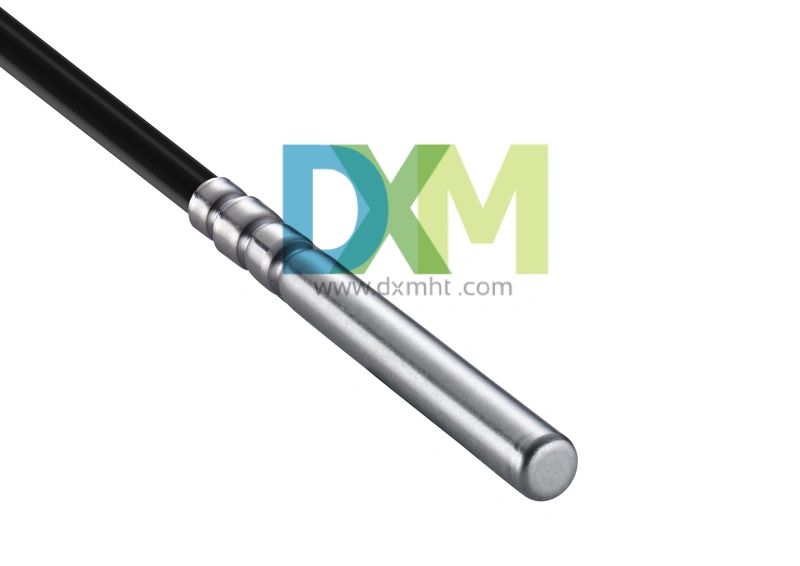
Water Temperature Sensor: The Key to Engine Health and Efficiency

Lightning Surge Protection Varistor: Essential for Protecting Your Electrical Systems
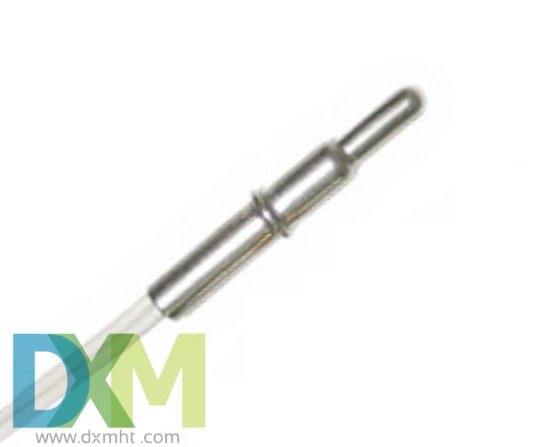
Water Temp Sensor: How to Test it for Reliable Performance?
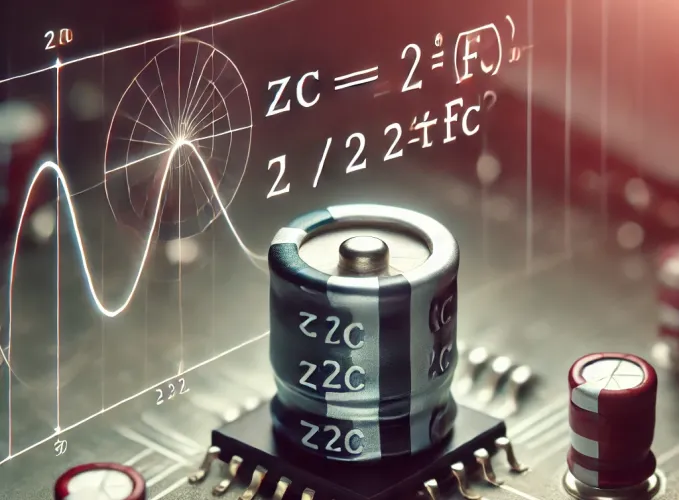
Capacitor Impedance: Calculation Guide & FAQs
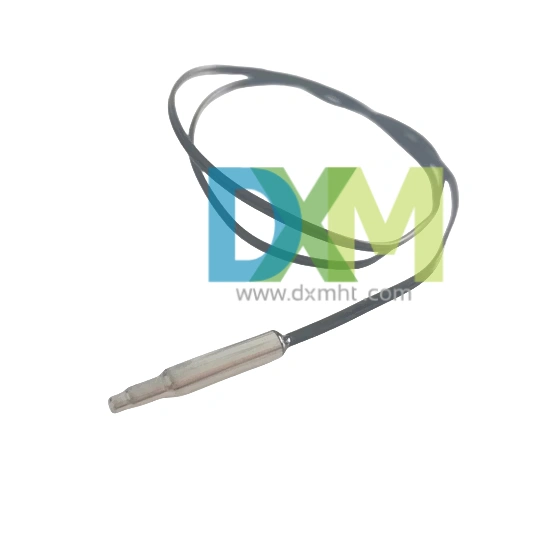
Temperature Probe Sensor: A Comprehensive Guide
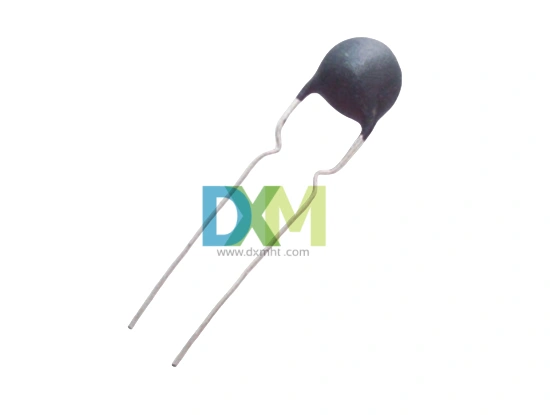
Termistor NTC: What Does a Thermistor Do?
Logistics
Is your logistics and distribution service reliable?
Yes, we cooperate with a number of well-known logistics companies to ensure the timeliness and reliability of logistics and distribution services and provide you with a satisfactory distribution experience.
Shipment
1)Small order quantity and small packing:cargo may be arranged by courier;
2)Bulk order and big volume:shipment may be arranged by sea or by air as per customer’s requirements on FOB, C&F,CIF or LCL terms and do prompt shipment which is very important for our customers, so we do this matter seriously and we may arrange our shipment in time due to our rich experiences in this line. We may also accept the shipment on the term of freight prepaid or freight collect.
Price and Payment
Price
The price will be quoted in US dollars.
1) For small order quantities and small packing, normally our quotation is based on the ex-works price. The cargo will be delivered by courier after being finished normally.
2) For bulk orders and large volumes, normally our quotation is based on the FOB price. Please inform us of your destination seaport and estimated quantity, and our representative will quote you the C&F or CIF price accordingly. If you feel our freight is higher than your expectation, you can recommend your shipping company to us. Our principal is looking for a shipping company with a good reputation that offers competitive freight costs and can deliver your cargo promptly.
Do you offer bulk purchase discounts?
Yes, we offer bulk purchase discounts; the specific discount rate depends on the order quantity and cooperation method.
How are the prices of your products determined?
Our product prices are based on a variety of factors, including order quantity, customization requirements, and market competition.
You may also like

KTY83-110 Sensor with Silicon Glass Thermistor

Bracket Type NTC Thermal Sensor MF52X for Precise Temperature Measurement
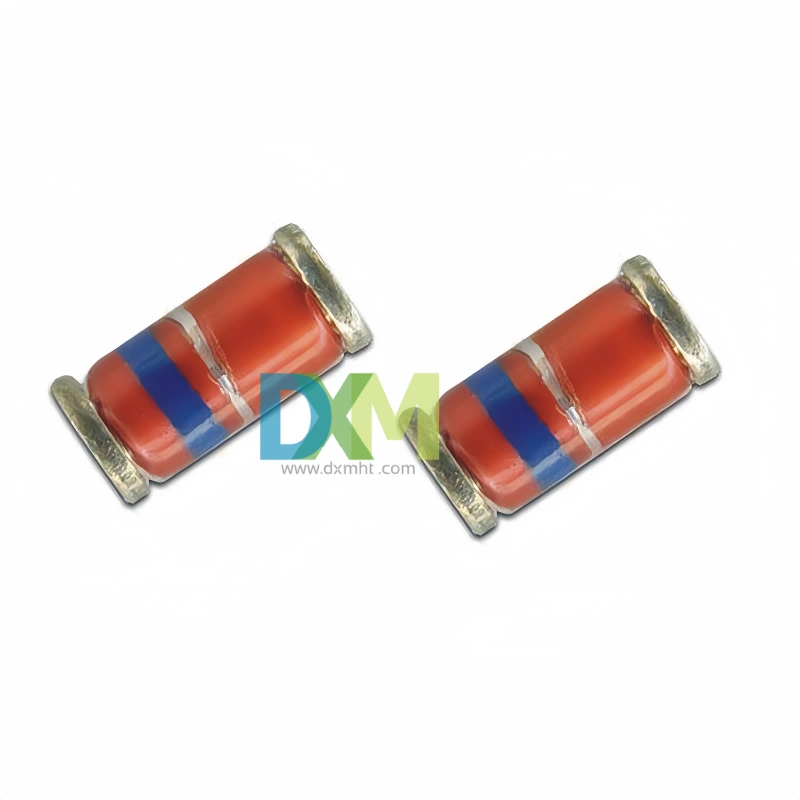
Glass Thermistors MF58E for High-Precision Applications
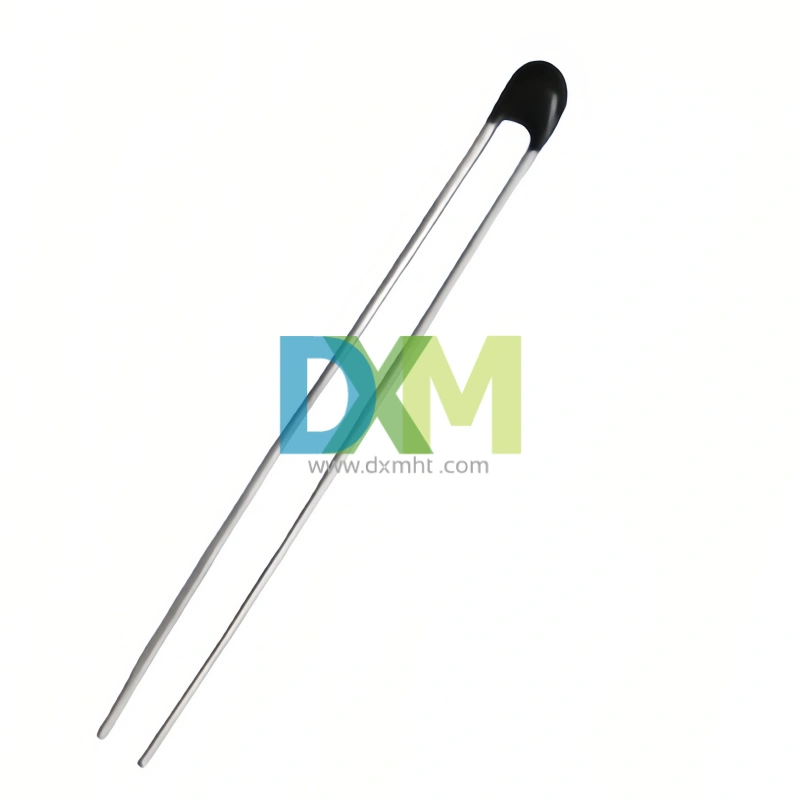
High Precise NTC Sensors for Temperature Measurement and Control
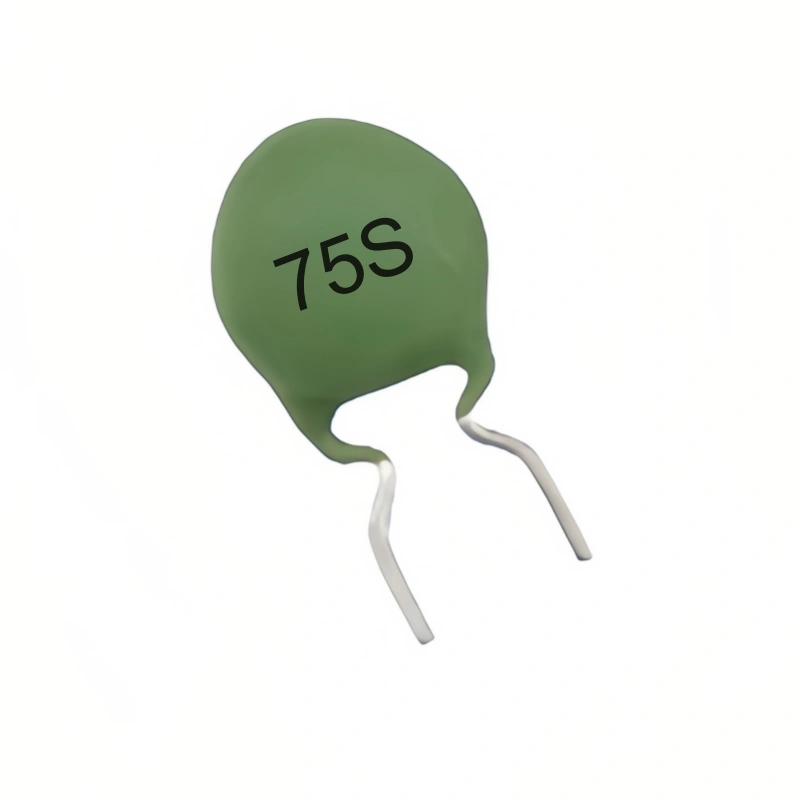
WMZ12A 75S PTC Thermistors for Over-Current and Over-Load Protection
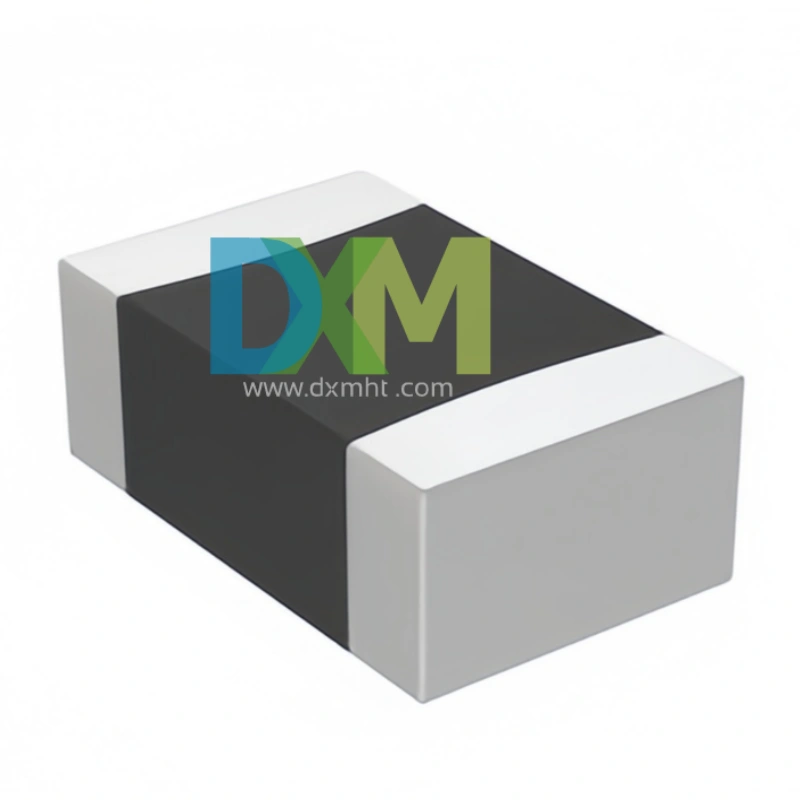
SMD Sensors: Advanced Temperature Sensing Excellence
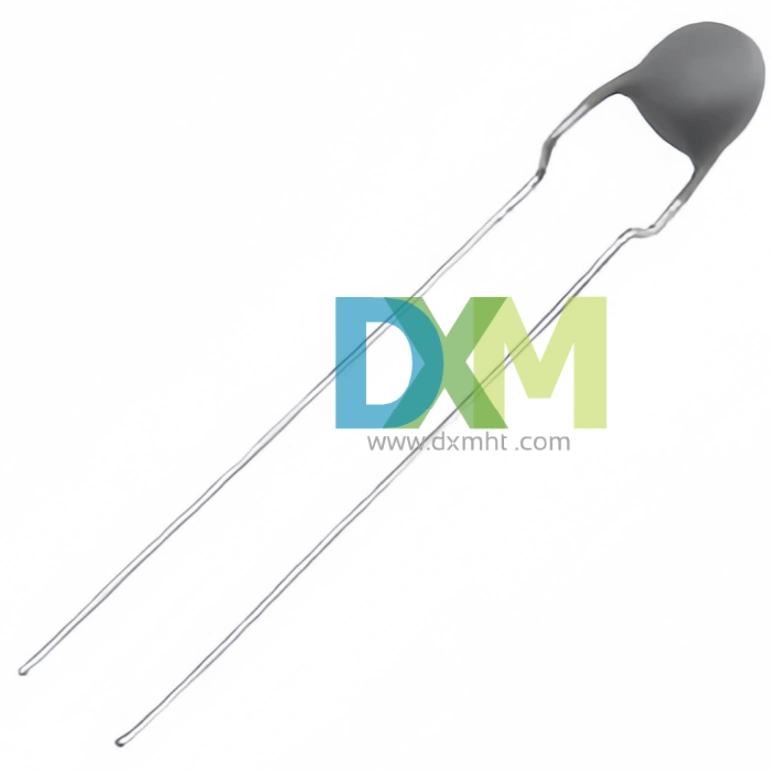
Thermistor PTC MZ11 Series for Light Efficient Design
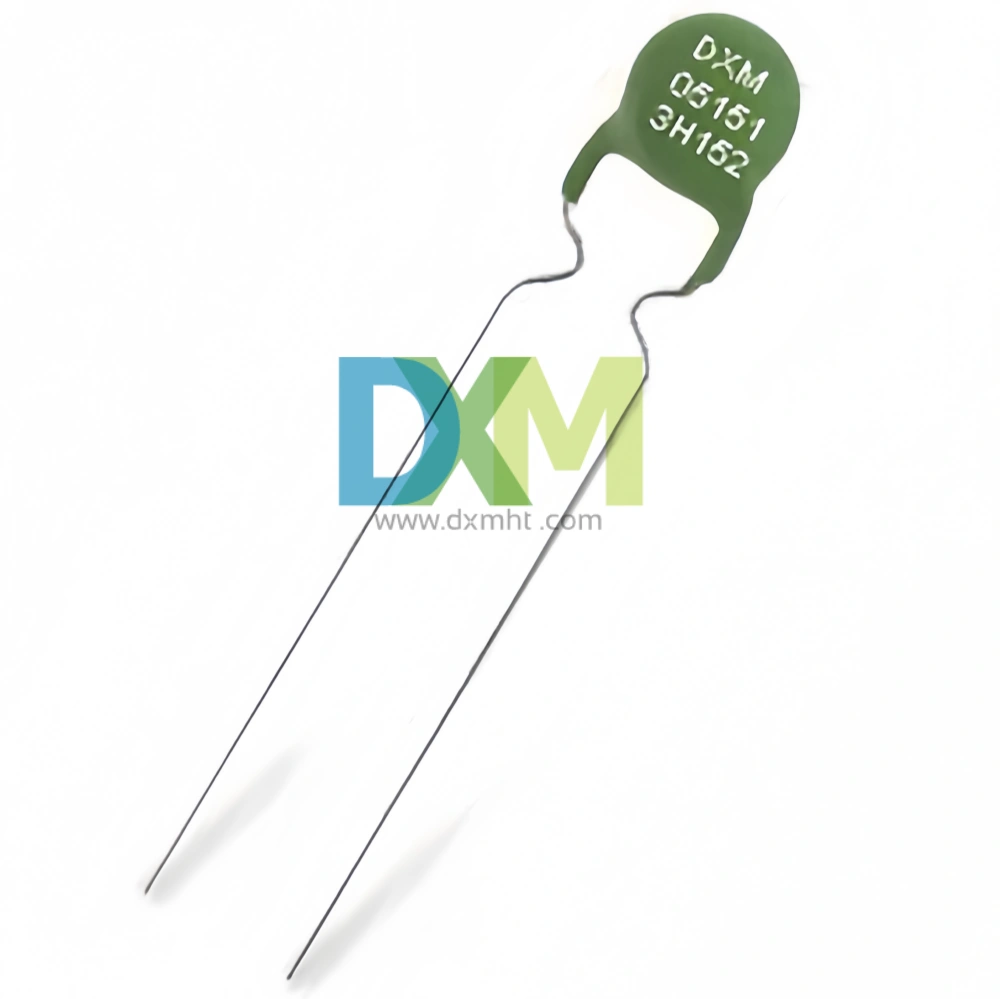
PTC Thermistors for Ballast Electronic and Energy Saving Lighting Intelligent Preheat Start MZ12 | DXM
Get in Touch
Discover premium thermistors, sensors, and resistors tailored to your needs.Our dedicated team of experts is available to assist with product selection, technical queries, and after-sales service. Contact us for custom solutions and experience exceptional customer support.
© 2024 DXM | Designed by gooeyun

 Scan QR Code
Scan QR Code
Scan QR Code
Whatsapp: +8618927361658
Shenzhen DXM Technology Co., Ltd.
DXM PTCNTC
Shenzhen DXM Technology Co., Ltd